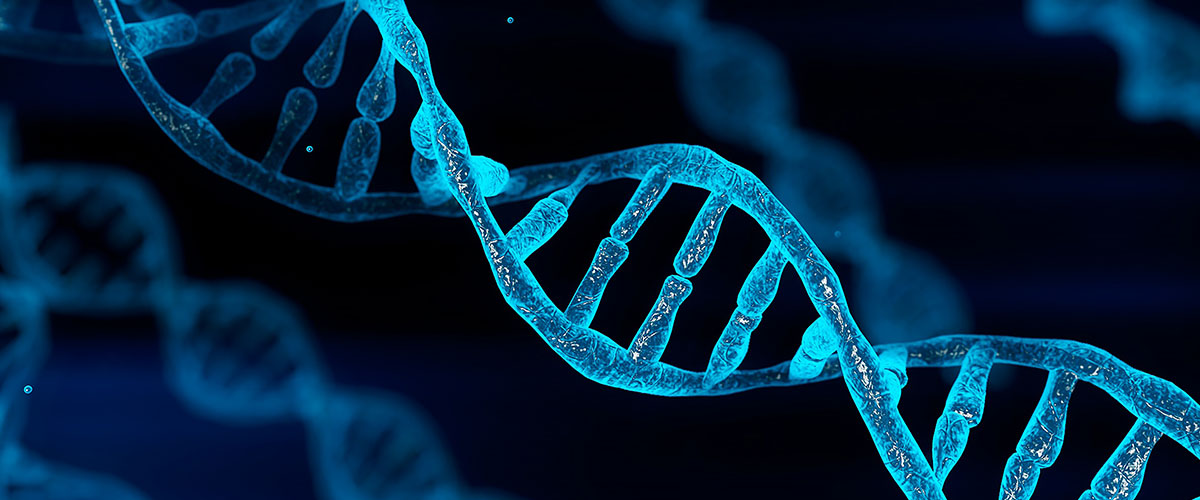)
Investigating Therapy Resistance in Gastro-Esophageal Adenocarcinoma
Project Duration: 2015-
MOHCCN Consortium: Marathon of Hope - Quebec
Investigators: Lorenzo Ferri, Veena Sangwan, Morag Park and Swneke Bailey
Partners: Research Institute of the McGill University Health Centre (RI-MUHC)
Project goals:
- Enroll, collect, and analyze biospecimens in a longitudinal manner (pre-treatment and surgical timepoints) from patients with gastro-esophageal adenocarcinoma (GEA) receiving neoadjuvant immune-/chemotherapy, together with appropriate clinical data.
- Generate WGS and RNAseq data, as well as organoids for testing of candidate therapies
- Analyze data to identify genomic signatures associated with immune-/chemo-therapy response to better stratify patients for optimal treatment strategies using baseline biopsy samples
- Determine immune/chemo-resistance salvage strategies for patients with residual tumours/poor response using surgical resection samples and test these using matched organoid models
Summary:
Adenocarcinomas of the distal esophagus and proximal stomach (gastro-esophageal adenocarcinoma; GEA) represent the fastest rising malignancies in North America, with a 5-year survival of ~20%. Systemic chemotherapy prior to (neoadjuvant) and following (adjuvant) surgery currently represents the best chance for cure. While 60% of patients initially respond, half of these will experience tumor recurrence, either due to acquired (de novo) resistance, or due to pre-existing resistant subclones. The McGill GEA Program is one of the largest treatment centers for this disease in North America, allowing for rapid collection of large cohorts. Here, we will analyze samples collected before and after neoadjuvant immuno- or chemotherapy to develop predictive tools for selection of optimal standard therapies and identification of candidates for immunotherapy in gastroesophageal adenocarcinoma, as well as to identify and test novel therapeutic approaches targeting patient-specific genomic vulnerabilities that persist after induction neoadjuvant immuno-/chemotherapy. The overarching goal of this study is improving outcomes of patients with locally advanced disease via improved stratification for appropriate treatment and/or development of salvage therapies for disease that is resistant to standard-of-care approaches.
